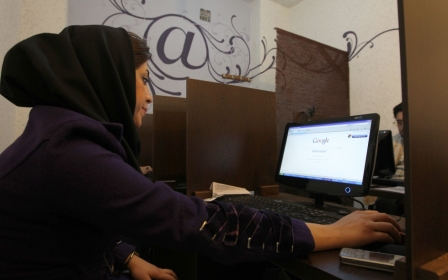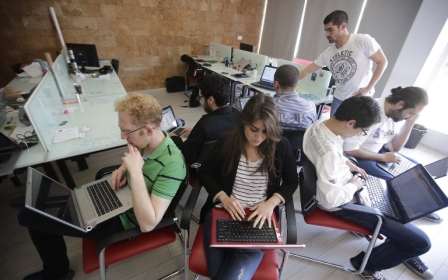EU leaders urge internet giants to fight online extremism

EU leaders on Thursday urged internet companies to do their utmost to combat online extremism or if industry self-regulation fails, face the possibility of legislation.
European Union leaders meeting at a summit in Brussels increased pressure on US giants like Facebook and Twitter to rein in online propaganda, amid a recent spate of terror attacks in Britain, France and Belgium.
"We are calling on social media companies to do whatever is necessary to prevent the spread of terrorist material on the internet," European Council President Donald Tusk told a news conference during the EU summit in Brussels.
"In practice, this means developing new tools to detect and remove such material automatically," Tusk said. "And if need be, we are ready to adopt relevant legislation."
The EU joined forces with US-based internet firms more than a year ago to combat online extremism, responding to growing alarm in Europe over the use of social media as a recruiting tool, especially by the Islamic State (IS) group.
Until now, it has pushed for the industry to regulate itself, but EU officials earlier this month gave mixed reviews to firms like Facebook, Twitter, Microsoft and Google's YouTube.
In its first annual report, the bloc said the four companies are now removing twice as many cases of illegal hate speech and at a faster rate when compared with six months ago.
But EU justice commissioner Vera Jourova called for further progress - particularly from Twitter.
French President Emmanuel Macron said leaders of the 28 EU countries had discussed at length increasing the efforts to remove online extremist content.
"Opening up the possibility of legislating at the European level is an advance that satisfies me," Macron told journalists.
British Prime Minister Theresa May told her counterparts the onus must be put on the firms to remove extremist material and said law enforcement should access encrypted communications between suspected terrorists in defined circumstances, a British government official said.
In the last few months, armed militants have carried out attacks in London, the northern English city of Manchester, Paris and Brussels.
New MEE newsletter: Jerusalem Dispatch
Sign up to get the latest insights and analysis on Israel-Palestine, alongside Turkey Unpacked and other MEE newsletters
Middle East Eye delivers independent and unrivalled coverage and analysis of the Middle East, North Africa and beyond. To learn more about republishing this content and the associated fees, please fill out this form. More about MEE can be found here.




